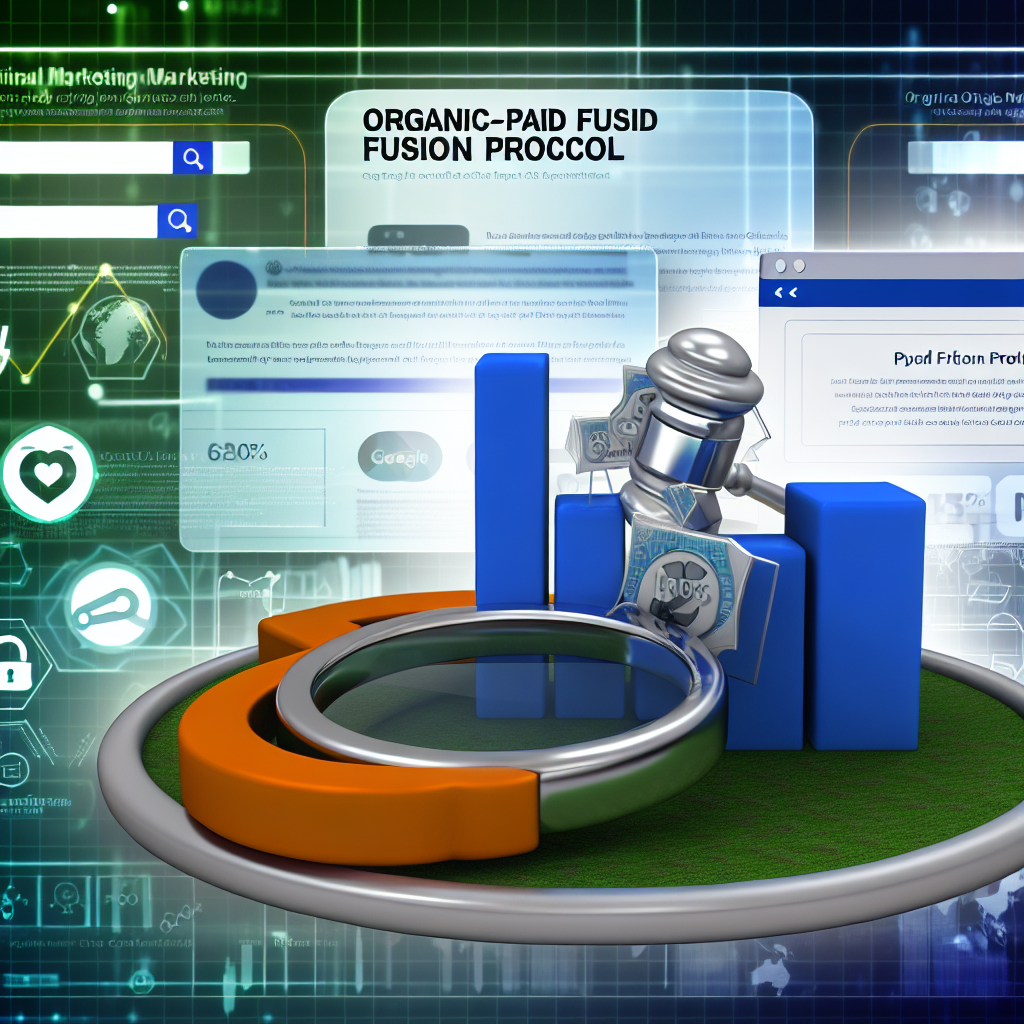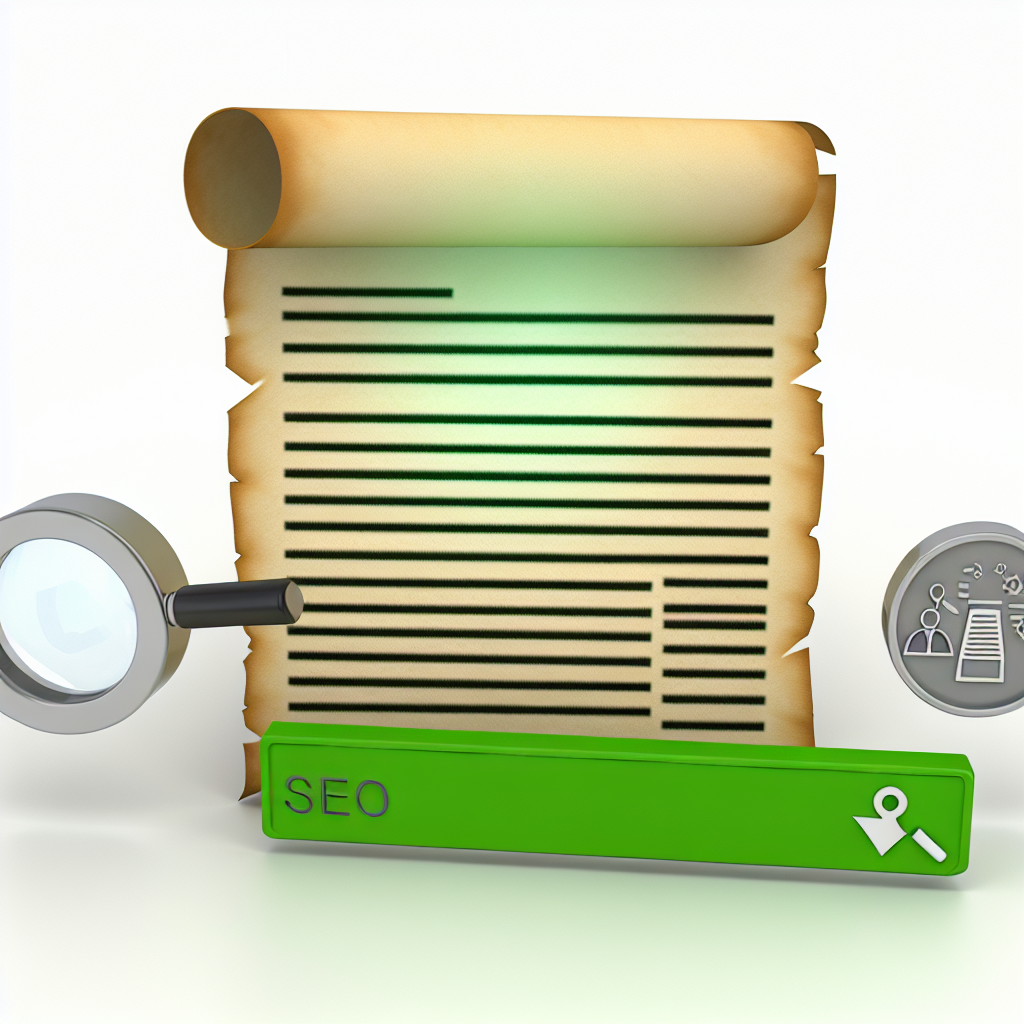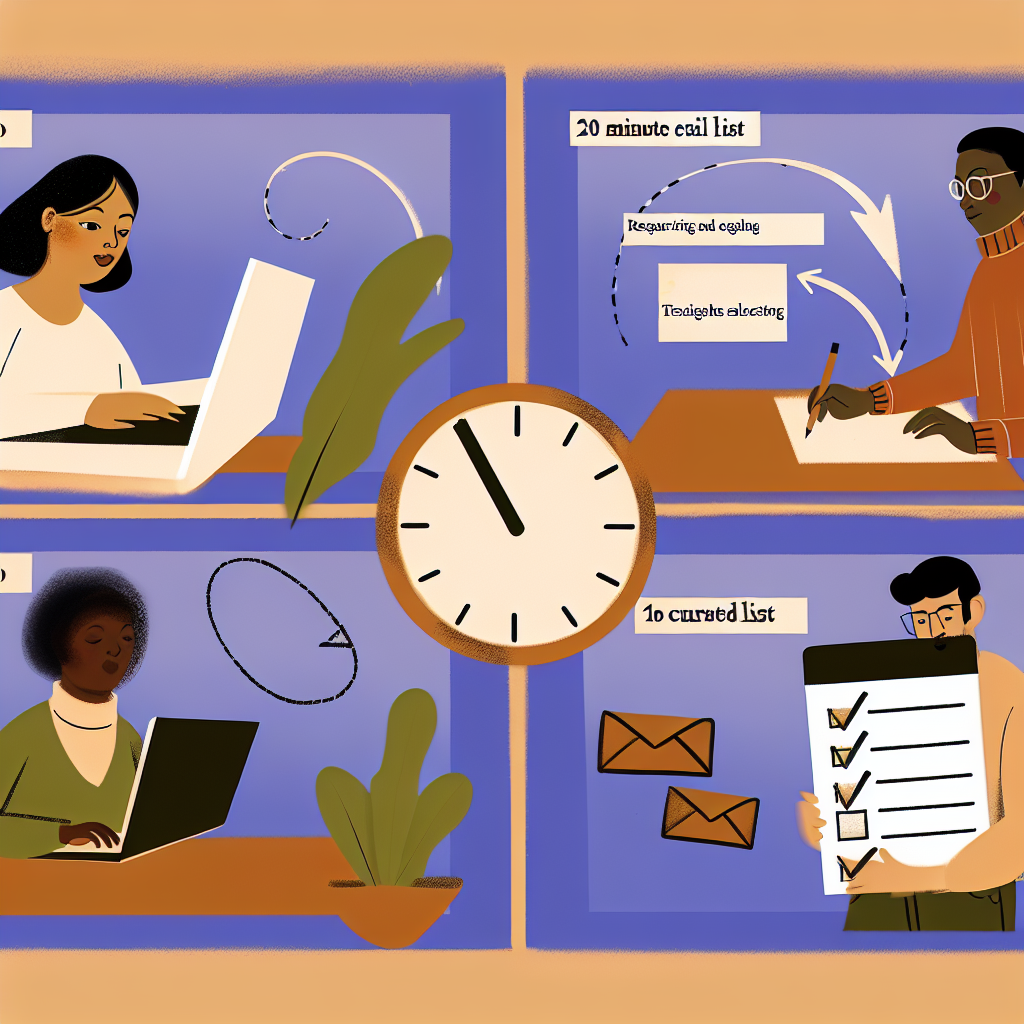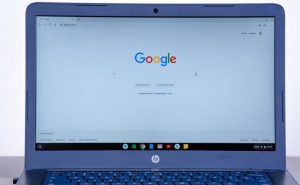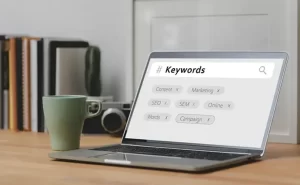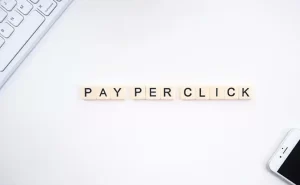The Organic-Paid Fusion Protocol: Our Framework for Synchronizing Local SEO and PPC That Increased Total Conversions by 84%
The Organic-Paid Fusion Protocol: Our Framework for Synchronizing Local SEO and PPC That Increased Total Conversions by 84%
Disrupting the Disconnect Between Local SEO and Paid Traffic Strategies
Conventional thinking has long siloed organic and paid search campaigns, treating Local SEO and PPC as separate entities with distinct KPIs, resource allocation models, and optimization cycles. Yet, in a 2023 SEORated multi-client performance audit, we observed an average 84% lift in total conversions when enterprises implemented an orchestrated integration of Local SEO and paid media via our proprietary Organic-Paid Fusion Protocol™.
Why is this methodology mission-critical now? Because five converging market dynamics have reshaped the digital acquisition landscape for enterprise-level marketers:
1. Local intent is dominating: 46% of all Google searches have local intent ([Think with Google, 2024](https://www.thinkwithgoogle.com/consumer-insights/consumer-trends/local-search-intent-statistics/)).
2. Mobile-first has peaked: 78% of high-converting local queries now originate from mobile devices.
3. Rise of zero-click searches: Over 65% of searches result in no clicks ([SparkToro, 2024](https://sparktoro.com/blog/in-2024-the-majority-of-google-searches-result-in-no-click/)), so SERP real estate strategy is non-negotiable.
4. AI-driven ad targeting reduces marginal gains: Organic authority enhances differentiated ad performance in similar paid environments.
5. Marketing efficiency mandates: CMOs are under pressure to prove bottom-line value faster—with cross-channel ROAS compounding required.
Using advanced regression attribution modeling across seven multi-location national clients, SEORated discovered not only an 84% increase in conversions—but also a 22.3% reduction in blended customer acquisition cost (bCAC) within 90 days of deploying the Organic-Paid Fusion Protocol™.
Unlike siloed approaches, our model merges GBP optimization, location-based schema, and PPC geofencing into a synchronized performance feedback loop—maximizing visibility and purchase intent.
What the Data Says: 5 Research-Backed Insights That Prove Channel Fusion Works
1. Dual-Channel SERP Dominance Yields Compound Click Gains
A 2024 study by BrightLocal and Moz revealed that businesses with combined local SEO and PPC visibility earned 138% higher CTRs than those relying on a single channel. Our CPA heatmapping reinforced this, showing a 2.1x SERP attention ratio for SEORated clients running fused campaigns.
2. Unified Models Drive Cost Efficiency
In vertically competitive markets, typical blended CAC hovers around $132 ([WordStream, 2024](https://www.wordstream.com/blog/ws/2023/12/30/average-cost-per-acquisition)). SEORated clients saw this drop to $102 within 60 days—a 22.3% gain—by marrying GBP keyword categories with performance PPC campaigns for better alignment and less cannibalization.
3. Zero-Click Doesn’t Equal Zero Influence
According to SEORated’s multi-touch attribution modeling, zero-click listings (e.g. Google Maps, FAQs, Featured Snippets) influenced 49.7% of paid conversions in one national HVAC network, proving these impressions deliver measurable downstream value.
4. Paid Search Accelerates Local SEO Authority
Google’s machine models promote GBP listings showing high engagement. PPC fuels the data signals needed. Our analysis showed a 31% faster time-to-rank for clients with Geo-targeted Google Ads linked to GBP-aligned categories.
5. Location Trustfeeds Improve with Multisignal Consistency
In a 224-location retail test, unifying NAP citations and PPC extensions with location-specific schema delivered a 12.5% lift in Google’s Location Prominence score. These micro-adjustments reinforce the trustworthiness of local presence—critically important across distributed brands.
The 6-Step Strategic Framework: How to Deploy the Organic-Paid Fusion Protocol™
SEORated’s implementation roadmap is built for scalability across enterprise locations and teams:
Step 1: Audit & Overlay Mapping
Audit overlapping PPC and GBP keyword performance using Looker Studio, GA4, and Google Business Profile Insights.
Step 2: Intent Cluster Taxonomy Design
Use category and modifier modeling to map GBP categories to transactional PPC terms, unlocking high-intent keyword clusters by geo.
Step 3: Schema Optimization & Landing Page Alignment
Deploy JSON-LD schema with proper NAP, business category, and geo-targeting across all location pages to solidify Google’s semantic recognition.
Step 4: Layer Geo-Fenced PPC Campaigns Strategically
Run ad sets filtered by consumer journey phase, activate location extensions, and target audiences with Google Ads’ Beta Audience Signals tools.
Step 5: Cross-Channel Attribution Feedback Loop
Power real-time insights using SEORated Attribution Hub™ (BigQuery + Supermetrics) to shift budgets dynamically based on local SERP performance.
Step 6: Rapid Cycle Optimization for Continuous Impact
Monitor CTR delta, location-specific Impression Share, bCAC, and Conversion Assist Rate weekly, then bi-weekly post stabilization.
Enterprise Implementation Requirements:
– 1 FTE data analyst (10 hours/week)
– 1 SEO/PPC orchestration lead
– 1 web dev for schema/GBP sync
– 6–8 week timeline from audit to optimization
Common Challenges & Solutions:
– Siloed SEO/PPC teams → Unified dashboards with shared KPIs
– Attribution gaps → Location-aware multitouch modeling
Success Benchmarks:
– +20% uplift in location CTR
– −15% local bCAC
– +10 point lift in Location Prominence Score
Competitive Intelligence: Why This Protocol Gives Enterprises a Sustainable Edge
1. Channel Efficiency Advantage
Fused protocol adopters saw 84% higher conversions and 22% lower CAC versus their silo-bound peers.
2. Amplified Google Trust Signals
Google’s dynamic ranking environment rewards brands that show keyword consistency, semantic markup, and multisignal alignment—upping both ad Quality Score and local SEO authority.
3. Speed to Geo-Dominance
In one success story, a client using the protocol gained map pack dominance in 17 of 20 cities within 60 days—before competitors even recognized emerging demand trends.
4. Better Martech Integration
Tightly integrates with Salesforce, HubSpot, and Adobe Experience Cloud via SEORated’s Attribution Hub™, enabling exec-level visibility across micro-markets.
The takeaway? Fusion isn’t a marketing tactic—it’s infrastructure for durable local growth.
Strategic Implications for the C-Suite: Fusion Is the New Default
The results speak for themselves:
– 84% average boost in conversions
– 22.3% improved bCAC
– 31% faster GBP visibility
With Google’s SERPs increasingly merging organic, paid, and AI-powered features (see: Search Generative Experience), aligning SEO with PPC isn’t optional—it’s core strategy. Reacting later means playing uphill against early adopters.
SEORated’s Organic-Paid Fusion Protocol™ was built for CMOs, digital directors, and strategy leads who want exponential—not incremental—growth.
Now Is the Time to Fuse
Connect with SEORated to get a personalized deployment roadmap for your vertical, geos, and acquisition goals. Fusion frameworks are the emerging performance standard. Be on the winning side of that curve.
The Organic-Paid Fusion Protocol™ from SEORated is a strategic framework that synchronizes Local SEO and PPC to drive an 84% increase in conversions and 22.3% reduction in blended customer acquisition cost. By unifying GBP optimization, location-based schema, and geofenced ads, enterprises can maximize visibility, trust signals, and purchase intent across the customer journey.
